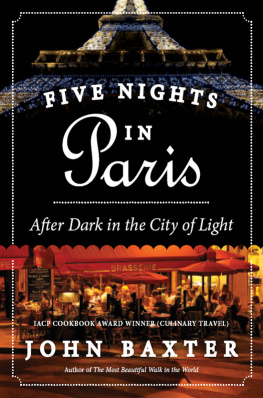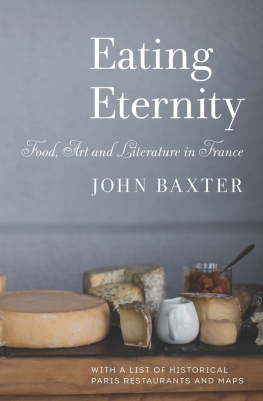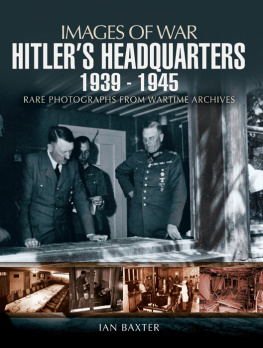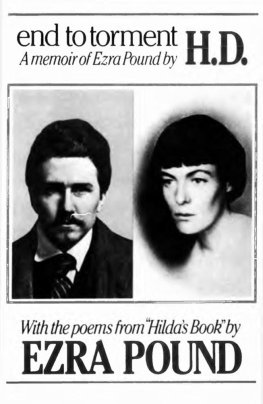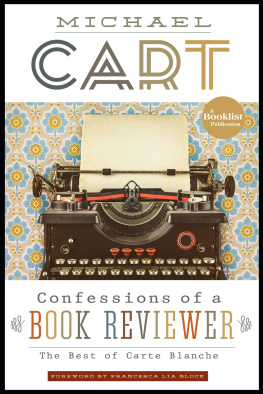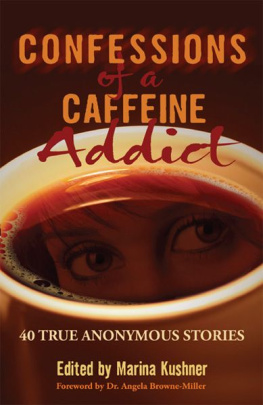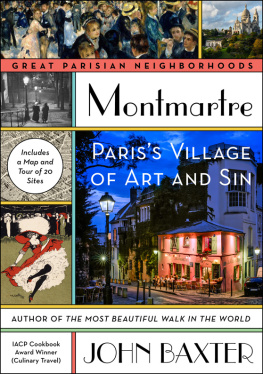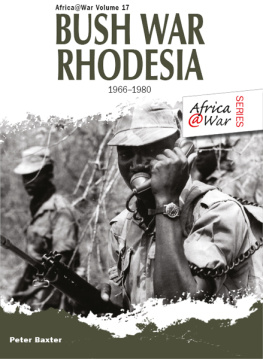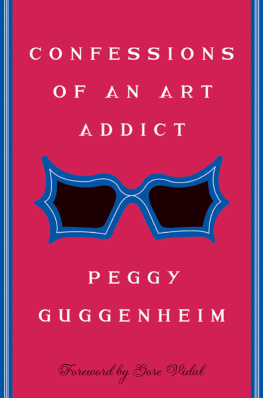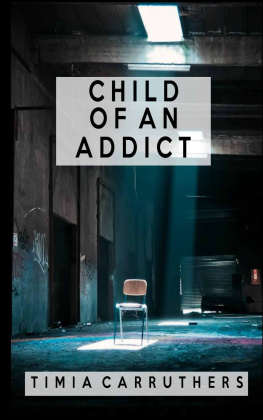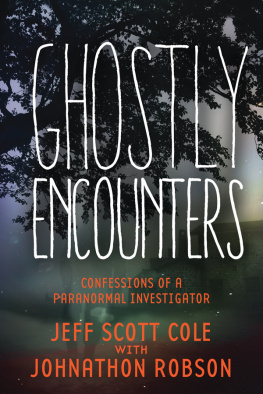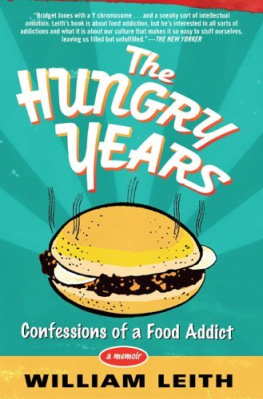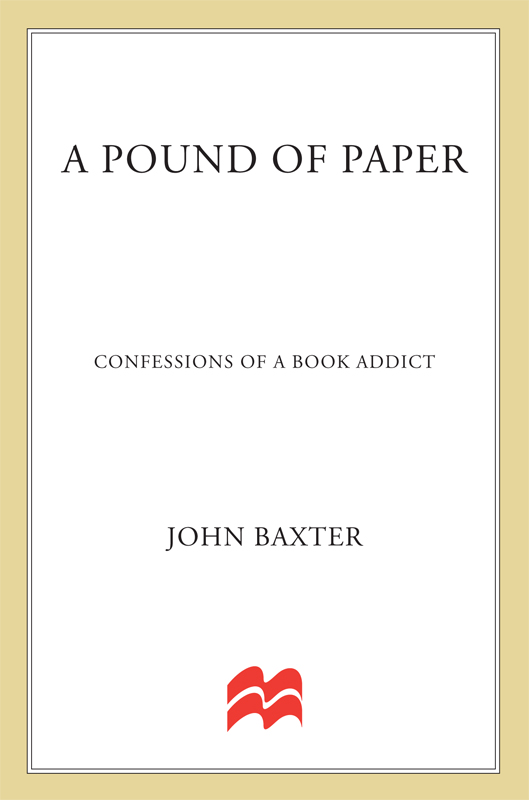
The author and publisher have provided this e-book to you for your personal use only. You may not make this e-book publicly available in any way. Copyright infringement is against the law. If you believe the copy of this e-book you are reading infringes on the authors copyright, please notify the publisher at: us.macmillanusa.com/piracy.
CONTENTS
For Martin Stone, without whom
Outside a dog, a book is a mans best friend.
Inside a dog, its too dark to read.
Groucho Marx
PART ONE
CHAPTER ONE
Collecting Graham
The value of a collection to the collector lies less in its importance, surely, than in the excitement of the hunt, and the strange places to which the hunt sometimes leads.
Graham Greene, in his introduction to With All Faults by David Low
In 1951, Robert Bloch, not yet the author of Psycho , published a short story in the pulp magazine Famous Fantastic Mysteries called The Man Who Collected Poe. In a pastiche of Poes own doom-laden style, it tells of an enthusiast for the author of The Raven and The Pit and the Pendulum who meets a fellow fanatic, Launcelot Canning, and is invited to a lonely Maryland estate.
Cannings collection dazzles the narrator. Copies of the Philadelphia Saturday Courier during the period of Poes editorship, Grahams Magazine, editions of the New York Sun and the Evening Mirror boasting, respectively, The Balloon Hoax and The Raven, and files of The Gentlemans Magazine. Lee and Blanchards edition of Tales of the Grotesque and Arabesque, The Conchologists First Book, the Putnam Eureka, and finally the little paper booklet, published in 1843 and sold for twelve and a half cents, entitled The Prose Romances of Edgar A. Poe: an insignificant trifle containing two tales which is valued by present-day collectors at fifty thousand dollars.
More garrulous with a bottle of wine inside him, Canning displays further treasures: unknown and unpublished horror stories such as The Worm of Midnight and The Crypt; and The Narrative of A. Gordon Pym, thought to have been left unfinished at Poes death. Many other writers had taken it upon themselves to complete this story, but Cannings version is in Poes own distinctive hand, and accompanied, whats more, by a sequel, The Further Adventures of A. Gordon Pym.
Then Canning reveals the secret he has managed to raise the writer from the dead, and put him to work in his cellar, churning out new creations. He has literally collected Poe.
There is a germ of truth in Blochs conceit. Collecting a writers work is a way of owning the artist you admire, and each step in the collection of a title takes you closer to the author. First a copy of the book, perhaps a paperback, just to read. Then, once you decide you like it, a more durable edition. After that, the first edition, followed by a first with the authors signature. Then the proof copy, which precedes the first printing. Then the manuscript. But after that? Bloch exaggerates when he has Canning crow of the end-all and the be-all of my planning, of my studies, of my work, of my life! To raise, by sorcery, the veritable spirit of Edgar Poe from the grave reclothed and animate in flesh. But to meet the writer, to sit down with him and talk about his work: that surely is within ones grasp.
Let me tell you about me and Graham Greene
* * *
I caught the Graham Greene bug in the winter of 1978, when I lived in north London. In those days, I ritually cruised the weekly flea market at Swiss Cottage which materialized every Saturday morning on a triangle of hard-stamped ground behind Basil Spences abattoir-like sports complex.
That morning, someone new had erected a couple of trestle tables and was selling books. A pale, crushed-looking young woman sat behind the tables, well wrapped up against the insistent wind and the damp chill that, if you stood still long enough, would numb you to the knees.
The stock looked a cut above standard market fare, but since one most often found the bargains with those amateurs who, like unseasonal picnickers, had spread their blankets on the sodden ground and scattered them with their gleanings from jumble sales and charity shops, I headed for them first. The books on the tables could wait.
Almost immediately I struck it lucky: a copy of Greenes childrens book The Little Horse Bus. Tossed in a basket of exhausted felt animals, it was mine for five pence. It was illustrated by Dorothy Craigie; not very well illustrated, but Craigie, as I later discovered, was another of Greenes mistresses, so he made allowances. Once the relationship ended, he let the more talented Edward Ardizzone illustrate not only this book but his other two stories for children.
Carrying my find, I headed for the trestle tables, where the woman had been joined by a very thin man in a black beret who had the air of a minor-league pickpocket.
I reached for a book Id noticed earlier, a collection of pieces about Edwardian writers, illustrated with murky sepia photos by E. O. Hopp. Fumbling for money, I put The Little Horse Bus on the table. The mans eyes assumed a sleepy expression I came to know well. He tilted his head like an inquisitive bird.
Dyou mind? He held out a skinny and trembling hand; between two stained fingers a mangled fag guttered in the moist morning air.
I just found it, I said, nodding behind me. Over there.
Want to sell it?
I didnt even need to think. Not really.
It was a defining moment. A dealer mostly meets people who want to sell him books, when his most pressing need is for people who want to buy. In two words, I had ranked myself with the buyers, and the man in the beret wasnt slow to recognize the fact.
Darting along the lines of spine-upwards books, he grabbed a couple and laid them in front of me. One was the first British edition of Our Man in Havana, my favourite among Greenes newer novels. The other, in plain brown boards, I hadnt seen before, though I got to know it well as In Search of a Character: Two African Journals, an uncommon item that reprinted passages from the diary Greene kept in a Congo leprosarium while researching A Burnt-Out Case.
Five pounds each, the man in the beret said.
I looked down at the three books. It took little imagination to visualize them next to my copies of Greenes more recent novels. In an instant, an accumulation became a collection, and my life would never be quite the same.
Chatting with the man later, while his friend piled the unsold books into a succession of battered suitcases and staggered with them to the tube station, I had no idea I was in the presence of a legend.
Martin Stone is one of those people who found in bookselling the same spacious environment and unfettered morality that drew loners to the American west at the start of the nineteenth century. Not for him the formalities that define our lives. At various times cokehead, pothead, alcoholic, resident of a Muslim enclave, international fugitive from justice, and a professional rock musician rated by historian Brian Hinton as one of the two great guitarists of the era who makes Clapton look boring and provincial, he has never owned a house or learned to drive, hates bank accounts, wont write letters, and scorns computers. He did get married twice once to Ruth, the woman behind the table, with whom he would even produce a daughter but family life was not for him. His past is littered with abandoned, but still generally affectionate ex-partners, most of them even now hoarding a carton or ten of his books in their basements.




